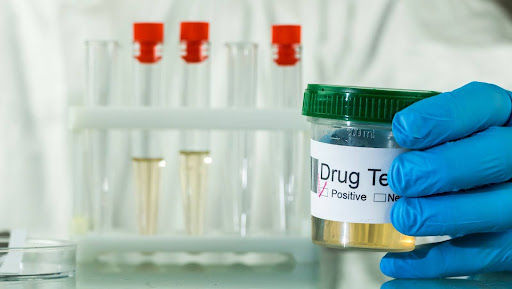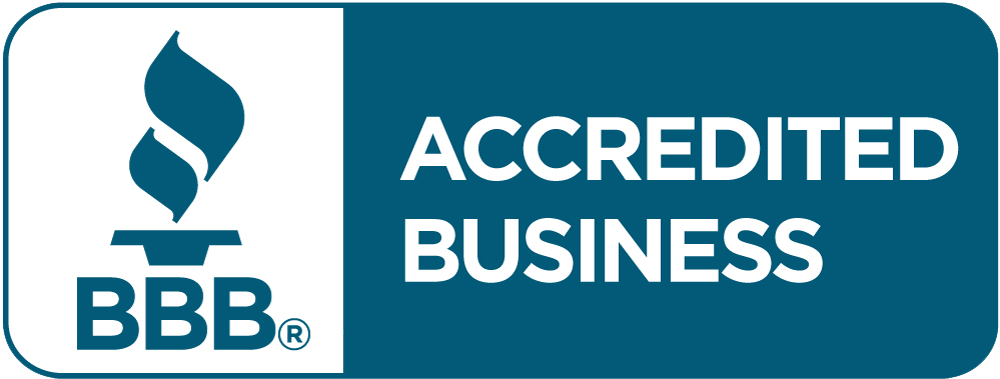
PHMSA Drug Testing: Ensuring Safety and Peace of Mind
For individuals working in the pipeline and hazardous materials industries, ensuring a safe and drug-free environment is critical. The Department of Transportation (DOT) has a specific agency tasked with setting standards for these workplaces, known as the Pipeline and Hazardous Materials Safety Administration (PHMSA). Part of DOT compliance under the PHMSA is occasional drug testing and alcohol testing.
The Importance of PHMSA Drug and Alcohol Testing in the Workplace
Drug and alcohol testing plays a crucial role in workplace safety. For individuals in safety-sensitive positions, adhering to the PHMSA drug and alcohol program regulations is essential not only for personal safety but also for preventing accidents and ensuring the well-being of colleagues. Regular testing helps in identifying substance abuse issues early, supporting a drug-free work environment and serving as a type of drug and alcohol misuse prevention.
Understanding PHMSA DOT Compliance Testing Requirements
PHMSA regulatory requirements include specific employee drug testing for those working in the pipeline and hazardous materials sectors.
These tests include:
- Pre-Employment Testing: Ensures you meet safety standards before starting a job.
- Random Testing: Helps maintain a drug-free status by conducting tests at random intervals.
- Post-Accident Testing: Determines if drugs or alcohol were a factor in an incident.
- Reasonable Suspicion Testing: Based on observable behavior or evidence.
- Return-to-Duty and Follow-Up Testing: For individuals returning to work after a positive test, ensuring continued sobriety.
Maintaining these pipeline drug testing standards improves employee safety and keeps their employers in PHMSA compliance.
What to Expect From PHMSA Employer Drug Testing
If you work in a safety-sensitive position, it’s important to be aware of the different types of drug tests your employer might administer to ensure DOT compliance.
Random Drug Testing
This involves regular, unannounced testing to ensure a drug-free environment. Employees are selected randomly, and the frequency can vary, but it is typically conducted several times a year. Random testing helps deter substance use and ensures ongoing compliance with safety standards.
Post-Accident Testing
If an incident occurs, immediate drug testing is conducted to determine if drugs or alcohol were a factor. This type of testing is crucial for identifying the cause of accidents and preventing future occurrences. It also helps maintain accountability and pipeline safety.
This is usually done using urine tests, though blood tests may be used in some situations for more immediate results.
Reasonable Suspicion Testing
This testing is based on observable evidence of substance use, such as behavior, appearance, or smell. Employers must have a clear, documented reason for suspecting drug use, and trained supervisors often make the decision. Reasonable suspicion testing ensures that any potential substance abuse is addressed promptly and appropriately.
This type of testing typically uses urine samples, but saliva tests may be employed for quicker results.
Return-to-Duty and Follow-Up Testing
For employees who tested positive, return-to-duty testing is required before they can resume work. Follow-up testing is also conducted periodically to ensure continued sobriety. This process helps support recovery and maintain a safe, drug-free workplace environment. The employee may need to contact an SAP (substance abuse professional) to assist in the return-to-duty process. We may be able to even recommend an drug testing SAP near you for you or your company.
Return-to-duty and follow up testing generally are urine tests, though hair tests may be used to monitor longer-term substance use or prove long-term sobriety.
PHMSA Pre-Employment Drug Testing
Pre-employment screening is essential for meeting safety standards before starting a job. This testing procedure helps prevent hiring individuals who may pose a risk to workplace safety, ensuring a drug-free environment from the start. It’s also a required part of PHMSA compliance.
Upholding a Drug-Free Workplace Policy
Employers in the pipeline industry are required by the PHMSA to have a written drug-free workplace plan to ensure pipeline safety. Understanding these policies and working to uphold them as an employee is important for PHMSA compliance and your own health and safety.
Here are three key factors in workplace policy compliance:
- Testing Protocols and Procedures: Get to know the specific rules and steps in your workplace drug testing policy. Understand your role in keeping the environment drug-free.
- Roles and Responsibilities: Know what you and your coworkers need to do to follow your employer’s drug and alcohol program policies. This includes knowing when employee drug testing happens and what to do if a test is positive.
- Employee Education and Awareness: Take part in any education programs your employer offers. These programs help you learn about the risks of substance abuse and the importance of a drug-free workplace, supporting your commitment to safety and acting as drug and alcohol misuse prevention.
How AMH Nationwide Supports Your Drug Testing Needs
AMH Nationwide offers comprehensive drug testing services for anyone who may need them. Our expertise ensures that you have access to reliable and confidential testing options.
If you’re facing random drug testing, post-accident testing, reasonable suspicion testing, return-to-duty testing, or pre-employment screening, we can provide you with private testing and personal compliance services.
Benefits of Choosing AMH Nationwide for Your Testing Needs
Partnering with AMH Nationwide offers numerous advantages:
- Expertise in PHMSA Regulatory Requirements: Our team is well-versed in the latest testing protocols and PHMSA compliance rules.
- High-Quality Testing Procedures: We ensure accurate and confidential results.
- Personalized Testing Programs: Our programs are designed to suit the unique requirements of pipeline and hazardous materials employees.
Our commitment to safety and ensuring the highest testing protocol standards makes us a top choice for personal testing. We don’t work with your employer or the government in any official capacity, but we can help you individually monitor your health status to support PHMSA compliance.
Get Your Own Private, Anonymous Urine or Hair Test
Maintaining workplace safety and a personal drug-free status is essential in the pipeline and hazardous materials industries. Whether for personal reasons or to ensure safety in a professional setting, AMH Nationwide provides private drug testing services. Our discreet and reliable testing options are available to help you meet safety standards and stay compliant with your employer’s drug testing policy.
Contact AMH Nationwide today to learn more about our private drug testing services and how we can assist you in ensuring personal safety. We can help you determine which type of testing is right for you, and help schedule your private testing services from home or at a local facility.

























